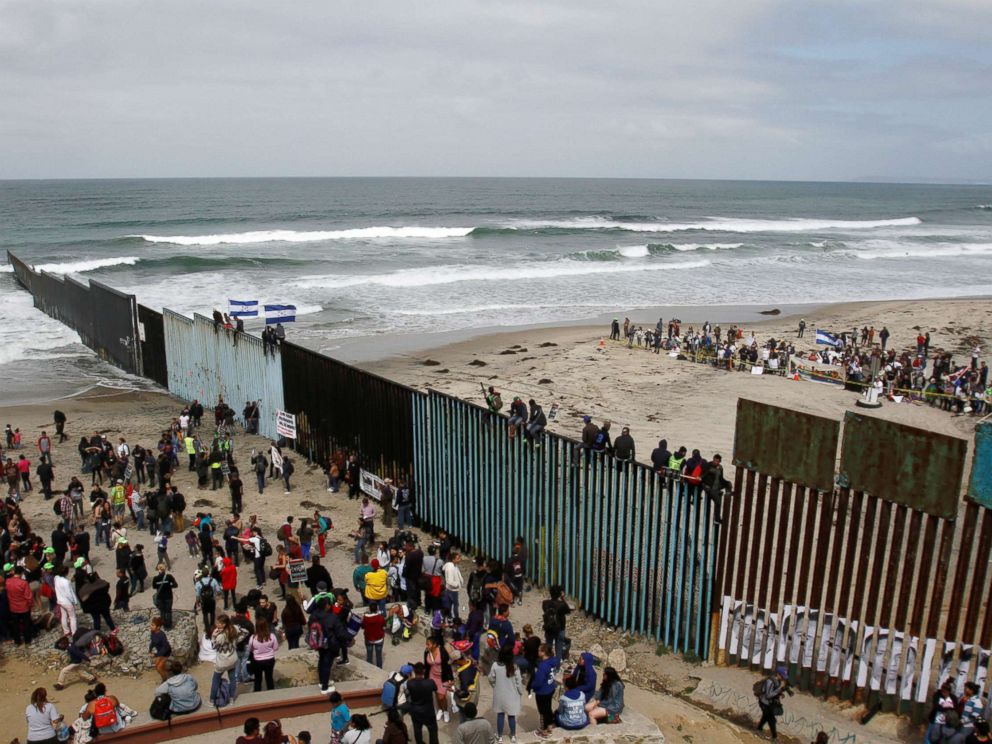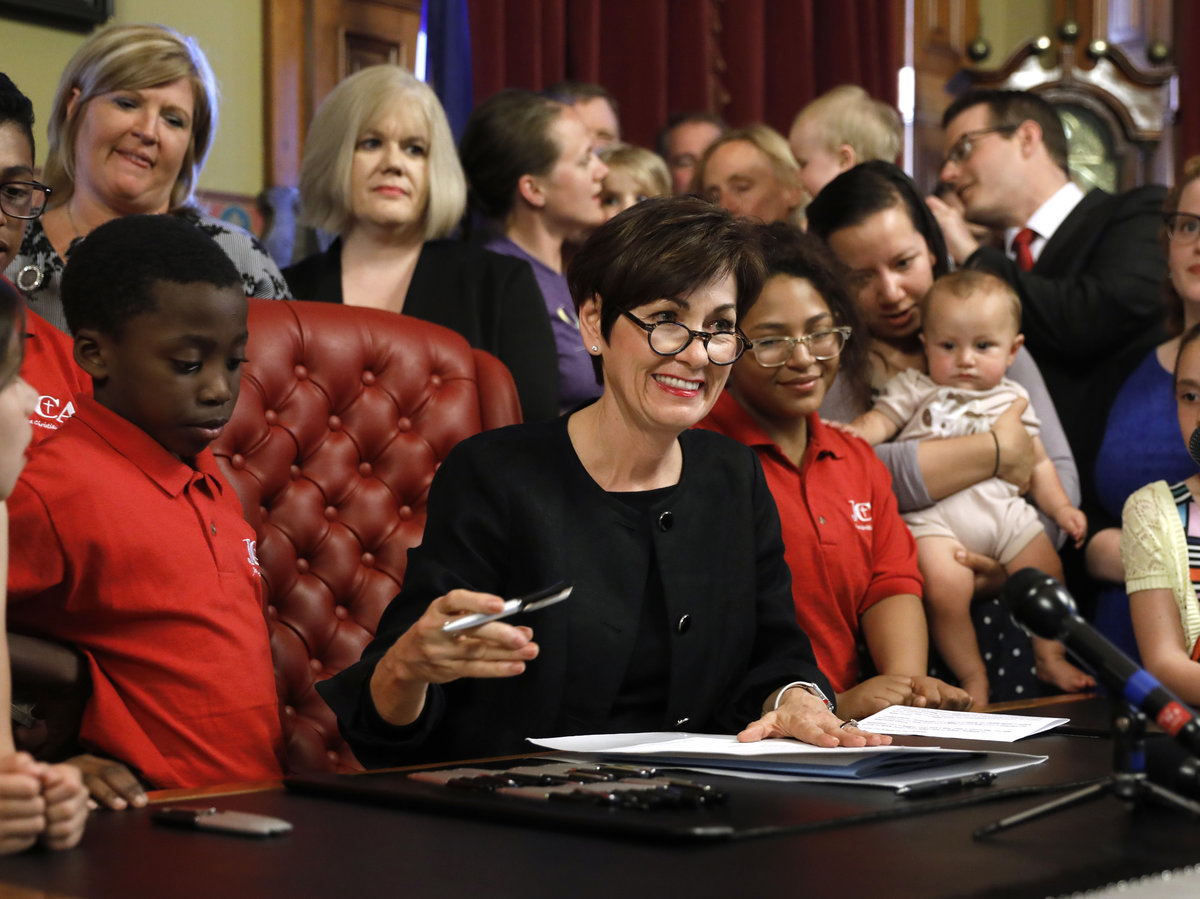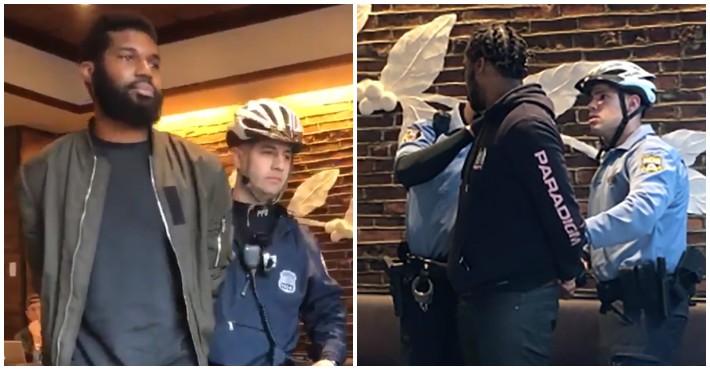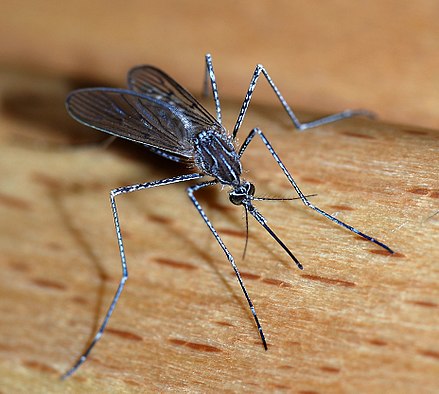Current Events: Immigrants, Abortion Bills, Starbucks, and Mosquitoes
May 7, 2018
The State of America
Not that much has happened in the world this week. But a lot happened in America.
A throwback to last week: after the South-North Korea talks, President Trump reportedly ordered to pull some US troops out of South Korea.
On the border

Last weekend, a caravan of roughly one hundred Central American migrants seeking asylum in the US reached the US-Mexico border at San Diego, where Border Patrol authorities turned them back away due to “space constraints”.
The caravan started out with more than 1,500 people, but the numbers dwindled to about 200 as the group made its way north by foot, bus and train. Some have dispersed, and others chose to stay in Mexico.
Those who weren’t processed by U.S. authorities would wait and could use the time in Tijuana to gather evidence to support their asylum claims, said Irineo Mujica, the director of Pueblo Sin Fronteras, a migrant rights group that organized the caravan. If admitted, the migrants would be taken to a detention center elsewhere and then interviewed by an asylum officer in what is called a “credible fear interview.”

Iowa Gov. Kim Reynolds signed the controversial abortion bill into law on Friday, setting the state up for a lengthy challenge in court. https://www.npr.org/sections/thetwo-way/2018/05/05/608738116/iowa-bans-most-abortions-as-governor-signs-heartbeat-bill
The “Heartbeat” Bill

Friday, the state of Iowa passed a bill that bans most abortions after a fetal heartbeat is detected (usually around six weeks into a pregnancy). Exceptions are made in cases of rape, incest or medical emergency.
Republican lawmaker Sandy Salmon said, “A baby has become something we can throw away. This bill says it’s time to change the way we think about unborn life.” Critics say the so-called “heartbeat” bill bans abortions before some women even know they’re pregnant, and limits women’s basic rights to control their bodies and lives.
The bill also conflicts with the 1973 Supreme Court decision Roe vs. Wade, ruling that established women have a right to terminate pregnancies until a fetus is viable.
Starbucks paying bucks
 Last month, two black men were arrested at a Starbucks in Philadelphia for waiting there for a third party without ordering anything. You can watch a video recording of the arrest here. After spending hours in jail, they were released and no charges were filed. The incident proved a major embarrassment for Starbucks, which has long projected an image as a socially conscious company, and prompted protests against the
Last month, two black men were arrested at a Starbucks in Philadelphia for waiting there for a third party without ordering anything. You can watch a video recording of the arrest here. After spending hours in jail, they were released and no charges were filed. The incident proved a major embarrassment for Starbucks, which has long projected an image as a socially conscious company, and prompted protests against the
coffeeshop.
This week, the men settled with Starbucks for an undisclosed amount. They also reached a deal with the city for a symbolic $1 each and a promise from officials to set up a $200,000 program for young entrepreneurs, which they hope can create “true change over time”.
In other news: “Fatal police shootings of unarmed people have significantly declined since 2015, experts say”. But it’s still a problem.
From CDC, with love

The number of illnesses caused by mosquito, tick, and flea bites have tripled in the United States over the last 13 years, according to new data from the Centers for Disease Control and Prevention. According to the report, more than 640,000 cases were reported across the country from 2004 through 2016, though officials say the actual number of illnesses is likely much higher. Plus nine new diseases were discovered or brought into the US over that time. Climate change and increased international travel are seen as contributing to the “accelerating trend”. Don’t forget your bug spray.






















































